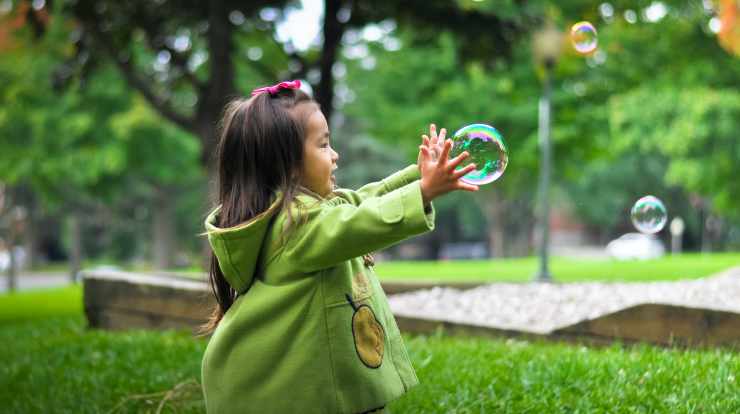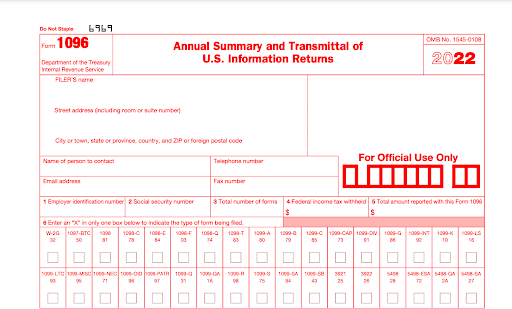
In many households, a crucial facet is the child’s ability to read and speak two languages. This is a good thing because there are several benefits attached to raising bilingual kids, and a major one is that it increases the capacity to communicate with their world.
If you are one of those parents that are teaching your children to be bilingual because you understand the values of bilingualism and how much it will help them, then it is crucial that you also learn the best ways to introduce a new language to your kids and teach them to speak two languages. There are tips and tricks that you must learn to help you do this appropriately. However, one other way to do this is to watch and learn from parents’ common mistakes when raising bilingual kids.
We all understand that parenting is a journey, and it can be challenging on its own, but when you’re raising bilingual kids, then parenting becomes twice as challenging. You may have some ideas on how you want to raise your kids and teach them to understand and speak another language. However, there may be misconceptions and mistakes within your methods that you must avoid.
Raising kids to be bilingual is different from when you are raising them to be monolingual. There are common mistakes that other parents before you have made on the same journey, and you must learn from their journey so that you don’t make the same mistakes.
Table of Contents
1. Assuming that the child will become bilingual automatically
According to assignment writing services, this is, without doubt, the commonest mistake that bilingual parents make when raising their kids to be bilingual. Language is not passed down in the genes. So the fact that you are fluent in speaking two languages does not automatically translate to your kids understanding and speaking the two languages too. Raising your child to be bilingual takes a lot of time, effort, and patience. So, you must take your time and try to teach your kids the two languages. Otherwise, they could become passive bilingual. This means that they will understand the language when they hear it or when it is spoken to them, but they will not respond in the same language.
To raise a bilingual child, you have to constantly talk to them, read with them, and do other activities that encourage them to learn and speak these languages.
2. Assuming that TV can teach them the language
Another big mistake you will be making as a parent raising a bilingual kid is placing the kid in front of the television and thinking that it will help them learn the language. This is a waste of everybody’s time. Unless the kid already has some basic knowledge of the language, the TV can help them get better. However, if you are placing a kid that knows next to nothing about a language in front of the TV, expecting them to learn it, then you are deceiving yourself. Children need human interaction and deep connections to understand easily. The TV does not give them that but you. So playing with them, reading books, and speaking consistently are magic ingredients.
3. Lack of consistency
You can put yourself in the best possible position to raise a bilingual child successfully by communicating consistently with the kid in the language. Research shows that children with bilingual parents who switch between the two languages are likely to stop speaking to their parents using the minority language. This happens mainly once the children become exposed to the primary community language through their neighborhood, schools, etc. However, suppose the parents have already maintained a language pattern in the home and are consistent with it. In that case, there’s a high chance that the kids will only use the majority language when they are in the community, neighborhood, school, etc., but if they get home with their parents, they will speak the minority language.
4. Giving up easily
Raising a bilingual child is challenging. Parenting a child is a work in itself; adding bilingualism to the mix is like making something that’s already difficult more difficult. You are going to face several challenges and obstacles to raising a bilingual child. However, you must remain steadfast in what you are doing. As mentioned on a term paper help platform, parents must remain committed to their task and ensure that they are not derailed in the face of challenges that they may face. One of the best ways to help yourself is to study the potential problems you will face ahead of time and take note of how you are meant to scale through these problems.
5. Buying expensive materials and toys
Another mistake that parents make when raising bilingual kids is that they need help from toys and other materials, so they buy all sorts of materials and toys they believe will be helpful. In reality, it isn’t and shouldn’t be that expensive. You do not need to buy those expensive items so that your kids can learn a second language when you can use some essential things to improve their language development. The effectiveness of a material is not in the material but in how you are using it. For example, you can use basic materials to encourage the kid to hold conversations with you in the second language. Book reading is another effective way to help them learn the language, improve their comprehension and vocabulary. Again, it is not the expensive materials that work. It is how you use the basic ones at your disposal.
6. Not seeking support
I have to reiterate that it is not easy being a parent most of the time, and the extra luggage of a second language is not going to help you either. Some parents isolate the kids from their other relatives, which is sad to see because they cannot hold conversations with them. However, things could have been much different if the parent asked for advice on passing the family language to their kids. This is a mistake that you must avoid. Ensure to ask for help from the appropriate people when you feel overwhelmed by the task at hand.
7. Taking in negative advice and comments
Not everyone is bilingual, and not everyone has the capacity or interest to teach their kids and raise them to be bilingual. What this means is that you can’t listen to everyone. There will be people who think it is unnecessary, those who say you are making life harder on yourself, and those who think you can’t do it. Listening to these people will discourage you and make you give up. Everyone has an opinion, and people may have their misconceptions and myths about raising a bilingual kid, but you must not let that stop you. Ignore whatever negative things they say and focus on the positives alone and what you intend to achieve by raising bilingual children.
Conclusion
Raising a kid is one of the most challenging things to do, but when you have to teach them two languages simultaneously, it makes it worse. However, you can do this successfully by avoiding common mistakes people make.






